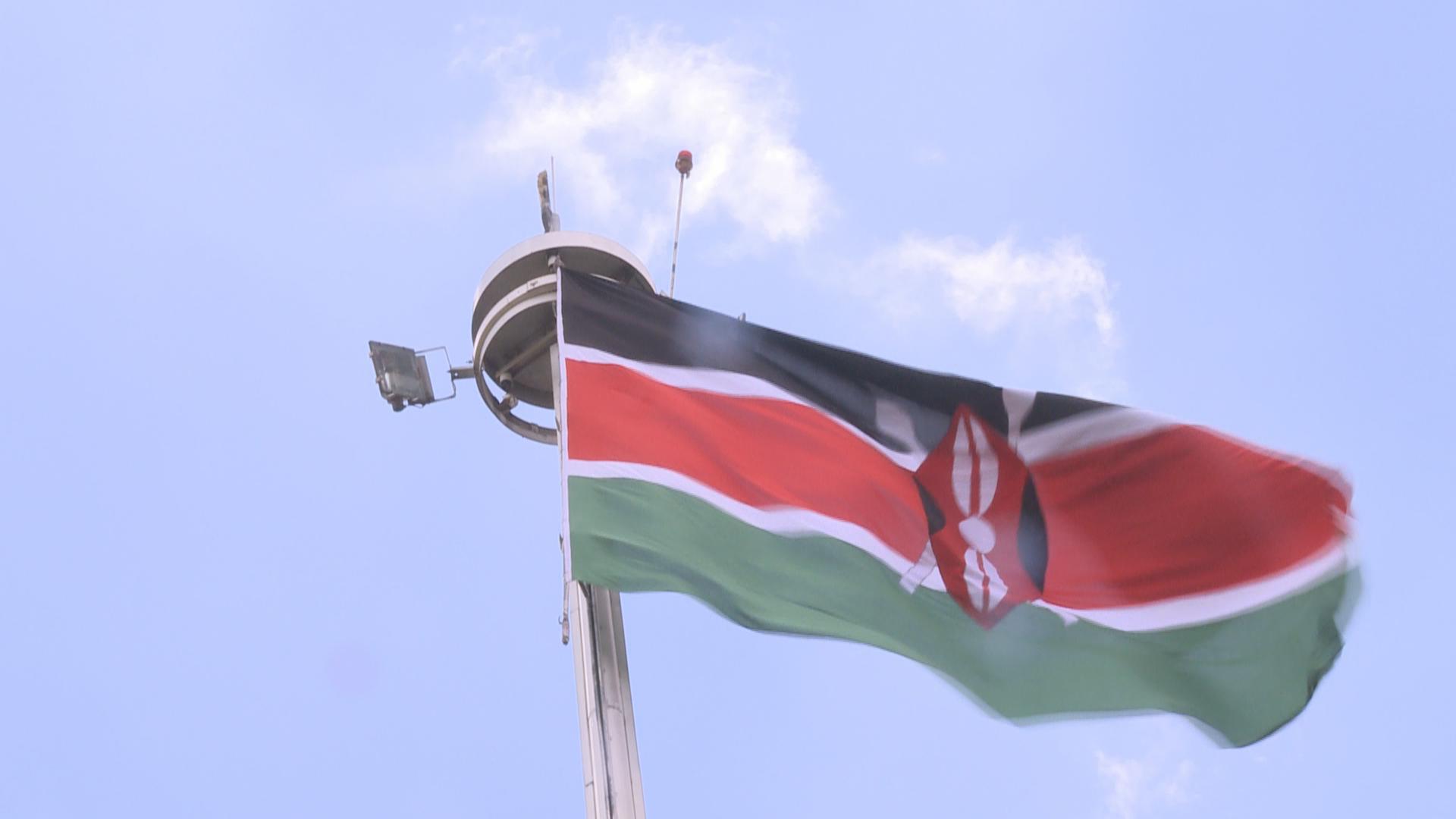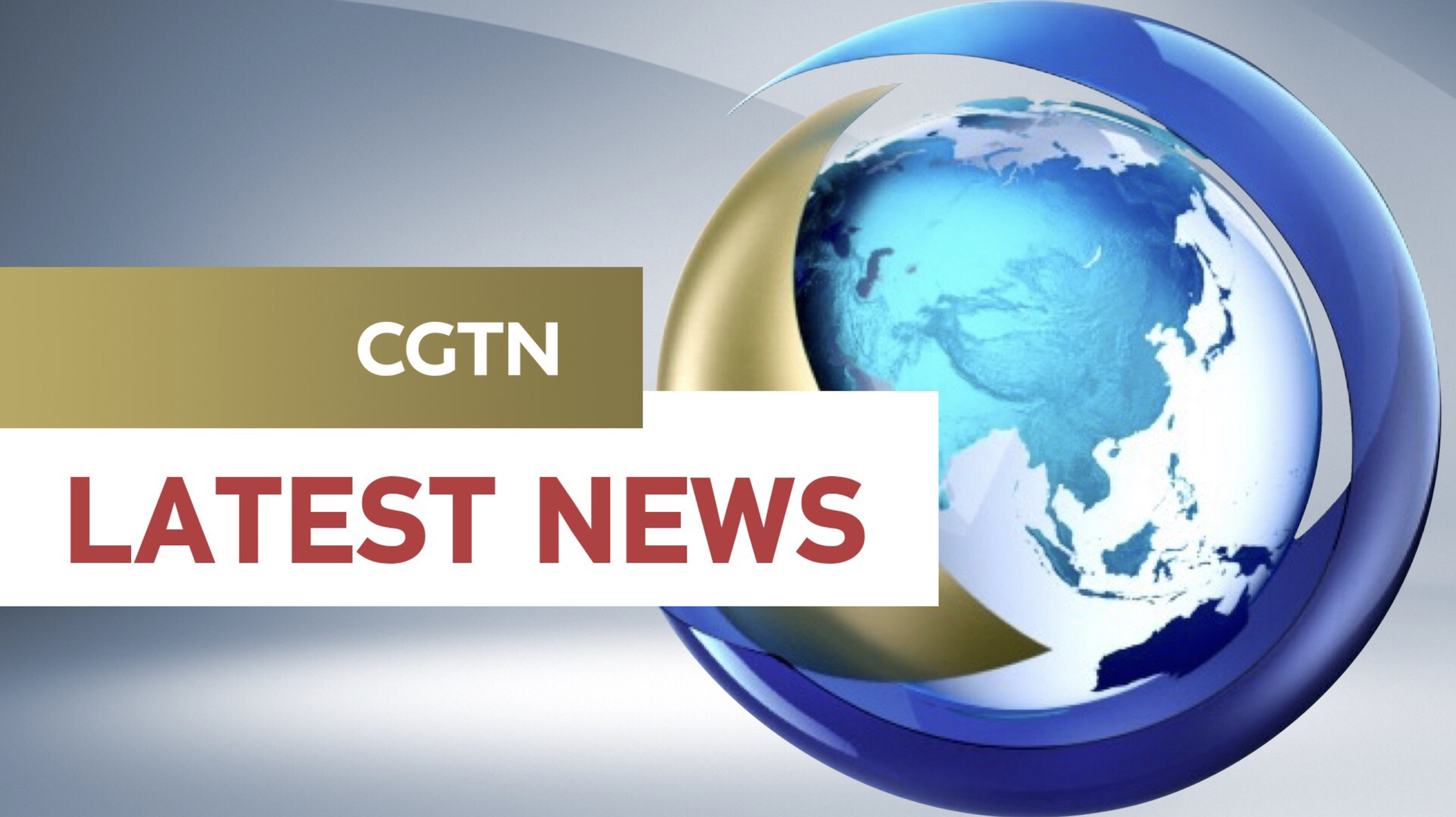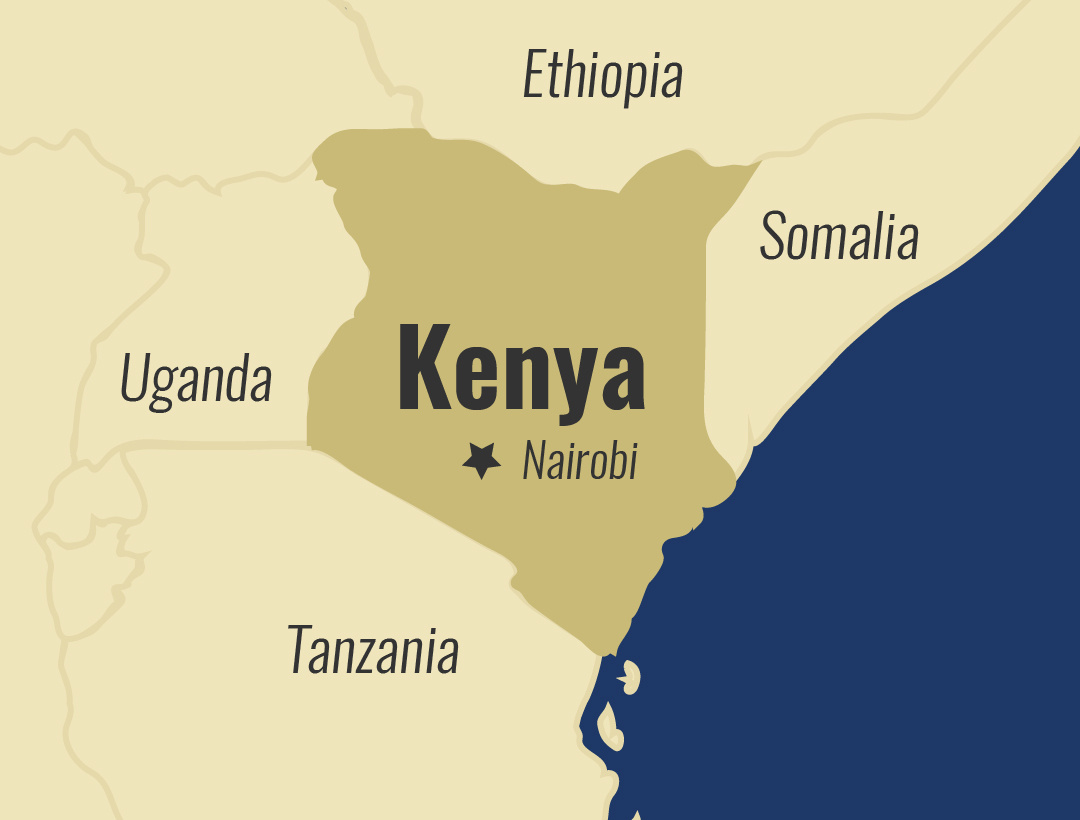
Talk Africa: Kenya elections 2017 (Part one)
Kenya goes to the elections this week. Incumbent President Uhuru Kenyatta will be up against former Prime Minister and veteran opposition leader Raila Odinga.
The race has drawn 8 presidential contestants in total, but a number of opinion polls have predicted a close duel at the top between Uhuru and Raila.
It has been cited as a last attempt at the presidency for both candidates, making it a high stakes affair for the two.
For the country of 48 million, a number of issues are touted to sway Kenyan voters.
The national voter registration exercise conducted earlier in the year achieved a record 19.6 million registered voters.
51% of this sum are the youth according to Kenya’s electoral agency; hence availability of employment and access to education for this demographic have been cited by experts as likely influences.
“Young people are hoping that the leadership that is going to come on board will look at the issue of unemployment”,says Raphael Obonyo, convenor of the Youth Congress.
Professor Peter Kagwanja of the Africa Policy Institute(API) concurs adding that “This election is going to be decided by the youth…the political formation that inspires the imagination about their future is likely to tilt the balance”.
Economic performance has also been one of the hot talking points, with the inflation rate at 7.47% and a rising cost of living even as growth is marked at 5.5% according to a recent world bank economic update.
Dr Alex Awiti, Director of the East African Institute at The Aga Khan University says that the real questions in this election will be about the welfare dividends of Kenya’s economic growth rate.
Agricultural production took a hit in part due to climate change factors and the question of food security has featured prominently in the months leading to this election on August 8th.
This in turn had a domino effect on employment in a sector whose labor force is 80% powered by women.
Daisy Amdany from the Community Advocacy and Awareness Trust (CRAWN) adds that implementation of the 2010 constitution and its role in enshrining the inclusivity principle for women in leadership will also be up for assessment in an election cycle that is increasingly becoming issue driven. Press play for more of this discussion among the experts on the Kenyan Elections 2017.





